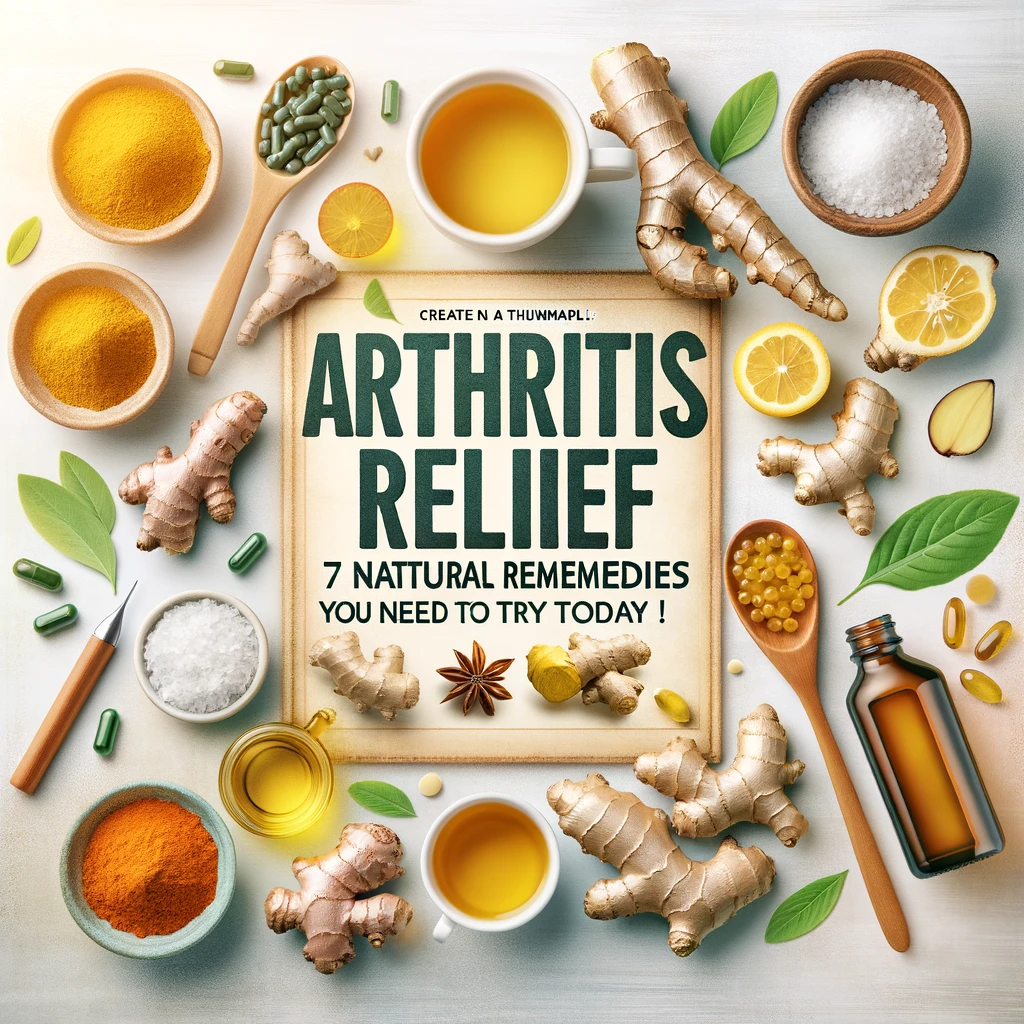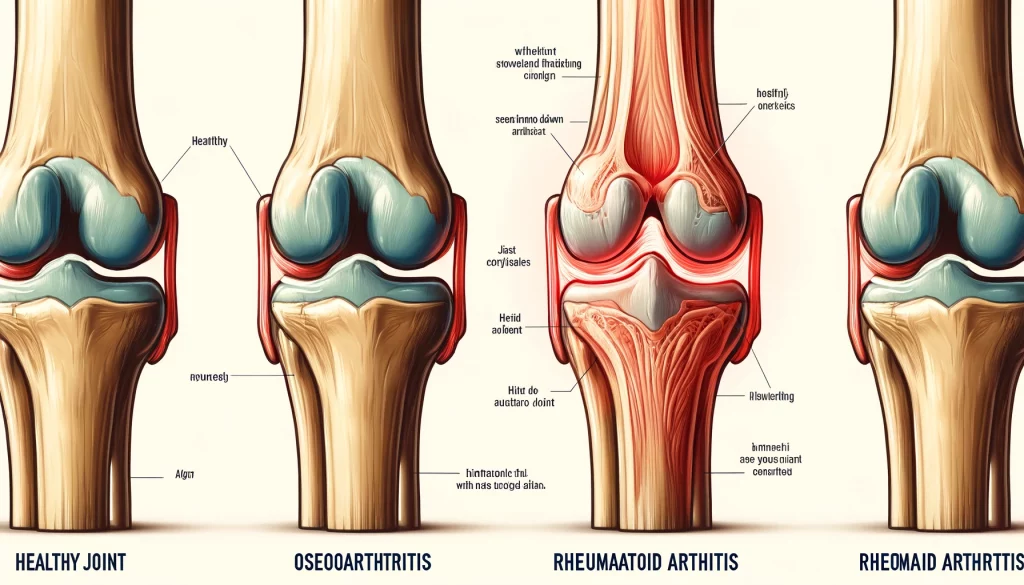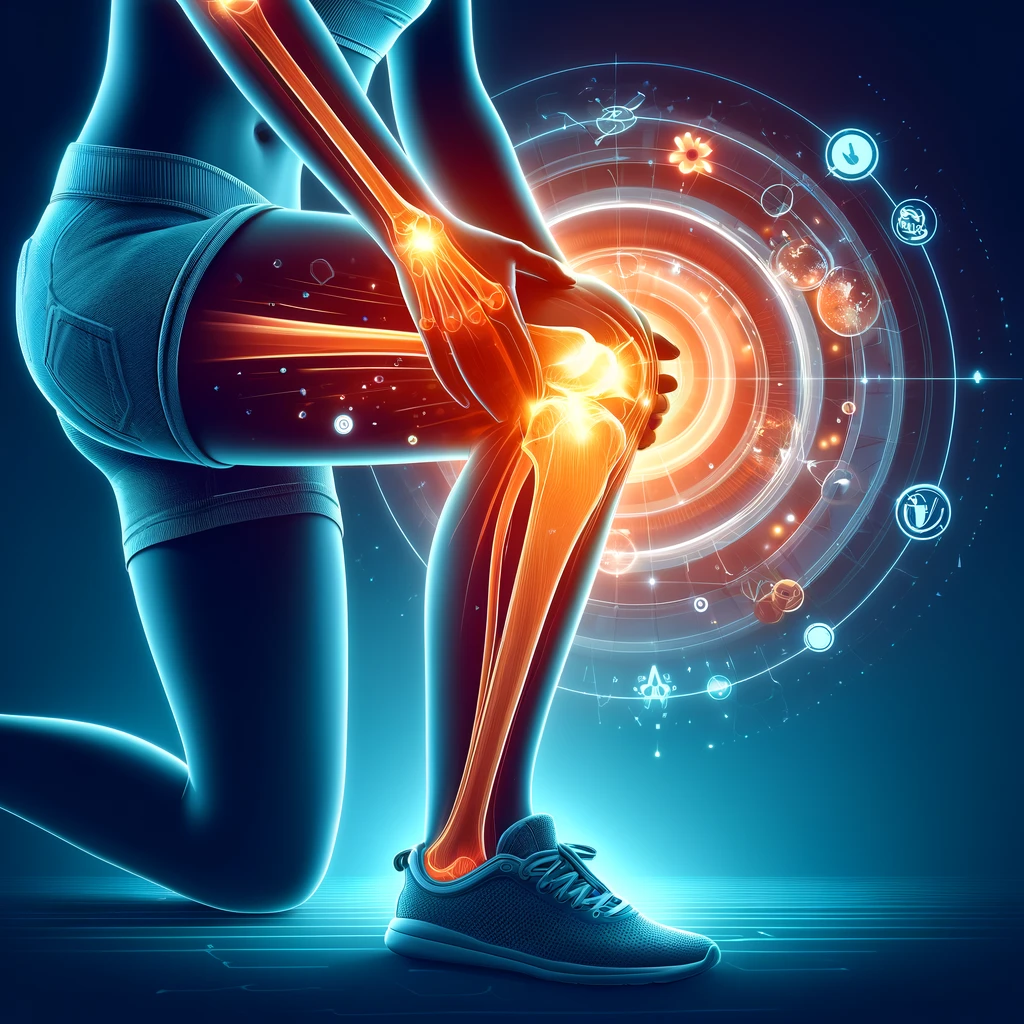
Table of Contents
Arthritis can be a real pain—literally. For many, the stiffness, swelling and discomfort can make everyday tasks feel like climbing Mount Everest. While there are plenty of medications available, many people are looking to natural remedies for relief. Why? Because natural remedies often come with fewer side effects and can be a great addition to your overall wellness routine.
What is Arthritis?
Arthritis isn’t just one thing; it’s a catch-all term for joint pain or joint disease. There are over 100 types of arthritis, but the most common are osteoarthritis (OA) and rheumatoid arthritis (RA). Symptoms usually include pain, swelling, stiffness and a decreased range of motion. These symptoms can come and go, and they can be mild, moderate or severe.
Types of Arthritis

- Osteoarthritis: Often called wear-and-tear arthritis, OA occurs when the cartilage that cushions the ends of your bones wears down over time.
- Rheumatoid Arthritis: RA is an autoimmune disorder that first targets the lining of joints, causing painful swelling that can eventually result in bone erosion and joint deformity.
Symptoms and Causes
- Symptoms: Joint pain, stiffness, swelling, redness and decreased range of motion.
- Causes: Depending on the type, causes can include wear and tear, autoimmune responses, infections and more.
The Benefits of Natural Remedies
You might be wondering, “Why should I consider natural remedies?” Well, natural remedies can often provide relief without the side effects associated with pharmaceuticals. Plus, they can improve your overall health.
Why Choose Natural Remedies?
Natural remedies are often less expensive, more accessible and can be used alongside traditional treatments. They also tend to have fewer side effects, making them a safer option for long-term use.
Potential Benefits and Risks
While natural remedies can be effective, it’s important to remember that they’re not a cure-all. Always consult with your healthcare provider before starting any new treatment.
1. Turmeric and Curcumin
Anti-inflammatory Properties
Turmeric, a bright yellow spice, contains curcumin, which has powerful anti-inflammatory effects. It’s been shown to reduce symptoms in various inflammatory diseases, including arthritis.
How to Use Turmeric
You can add turmeric to your diet by using it in cooking or taking it as a supplement. For maximum absorption, combine it with black pepper.
2. Omega-3 Fatty Acids
Sources of Omega-3
Omega-3 fatty acids are found in fish oil, flaxseed and walnuts. These fatty acids have been shown to reduce inflammation and improve joint health.
Benefits for Arthritis
Regular intake of omega-3s can help reduce the intensity of joint symptoms and improve overall mobility.
3. Ginger
Pain Relief and Inflammation
Ginger is not just for soothing upset stomachs. It’s also an effective anti-inflammatory and can help reduce arthritis pain.
Ways to Incorporate Ginger
You can drink ginger tea, add fresh ginger to your meals or take ginger supplements.
4. Green Tea
Antioxidants and Anti-inflammatory Effects
Green tea is packed with antioxidants, which can help reduce inflammation and slow the progression of arthritis.
Best Practices for Consumption
Drinking two to three cups of green tea daily can provide beneficial effects. For best results, avoid adding sugar.
5. Epsom Salt Baths
Magnesium Benefits
Epsom salt baths are rich in magnesium, which is essential for bone health and can help reduce inflammation and pain.
How to Take an Epsom Salt Bath
Add two cups of Epsom salt to a warm bath and soak for at least 15 minutes.
6. Acupuncture
How Acupuncture Works
Acupuncture involves inserting thin needles into specific points on the body to relieve pain and inflammation.
Studies and Results
Several studies have shown that acupuncture can be effective in reducing arthritis symptoms.
7. Exercise and Physical Therapy
Importance of Staying Active
Regular exercise can help maintain joint function and reduce stiffness.
Recommended Exercises
Low-impact activities like swimming, walking and yoga are excellent choices for people with arthritis.
Dietary Changes
Foods to Include
Incorporate plenty of fruits, vegetables, lean proteins and whole grains into your diet.
Foods to Avoid
Limit your intake of processed foods, sugar and saturated fats, which can increase inflammation.
Lifestyle Modifications
Stress Management
Stress can exacerbate arthritis symptoms. Practices like meditation, deep breathing exercises and hobbies can help reduce stress levels.
Sleep and Rest
Getting enough sleep is crucial for managing arthritis symptoms. Aim for 7-9 hours of quality sleep each night.
Consulting with Healthcare Professionals
When to Seek Medical Advice
If your symptoms are severe or not improving with natural remedies, it’s important to consult a healthcare professional.
Combining Natural and Conventional Treatments
Sometimes the best approach is a combination of natural and conventional treatments. Your healthcare provider can help you develop a comprehensive plan.
Conclusion
Incorporating natural remedies into your arthritis treatment plan can offer significant relief and improve your quality of life. From turmeric and ginger to acupuncture and Epsom salt baths, there are numerous options to explore. Remember to consult with your healthcare provider before starting any new treatment and consider combining these natural remedies with conventional therapies for the best results.
FAQs
What are the best natural remedies for arthritis pain?
Some of the best natural remedies include turmeric, omega-3 fatty acids, ginger, green tea, Epsom salt baths, acupuncture and regular exercise.
Can diet alone manage arthritis symptoms?
Diet can significantly impact arthritis symptoms, but it’s often most effective when combined with other treatments like exercise and stress management.
How long does it take to see results from natural remedies?
Results can vary depending on the individual and the remedy. Some people may see improvements within a few weeks, while others may take longer.
Are there any side effects of using natural remedies?
Most natural remedies have few side effects, but it’s always best to consult with a healthcare provider, especially if you are taking other medications.
Can natural remedies be used alongside prescribed medications?
Yes, many natural remedies can be used in conjunction with prescribed medications, but it’s important to consult with your healthcare provider to avoid any potential interactions.
How can I control my arthritis?
To control arthritis, engage in regular low-impact exercises like walking or swimming to maintain joint flexibility, eat a healthy diet rich in anti-inflammatory foods such as fruits, vegetables and fish, maintain a healthy weight to reduce joint stress, use pain relief techniques like hot or cold packs and over-the-counter medications and work with your healthcare provider to develop a comprehensive treatment plan that may include physical therapy and prescribed medications.


